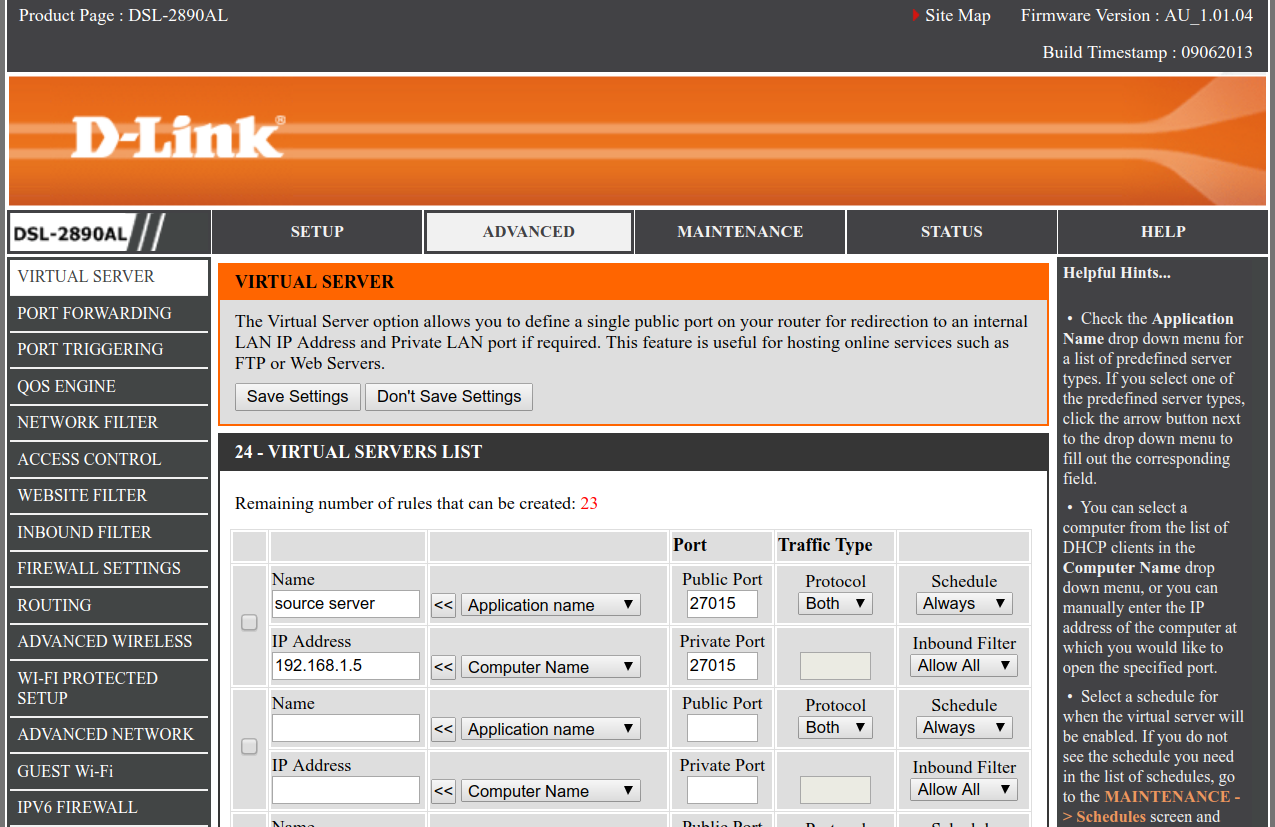

Using the Wi-Fi sniffing setup, the researcher picked up hashed passwords for sampling while wandering across Tel Aviv metropolitan area. Some of the other tools Hoorvitch used to hack Wi-Fi network routers include packet capture tools and hardware drivers that enable monitor mode when synced with the signal extender. Hence, he could crack the passwords of most of the network router passwords through Wi-Fi sniffing and open-source hacking tools.

Then, a signal booster is used to run scripts to exploit the vulnerabilities previously identified in the Robust Security Network Information Element ( RSNIF), which allowed him to extract hashed Pairwise Master Key Identifier or PMKID network keys without intercepting the traffic. Moreover, he claims that the full hacking setup can be fitted into a backpack. He then identified that the attack could be launched using a laptop and a Wi-Fi signal extender, which cost no more than $50. Hoorvitch gathered a sample of 5,000 network hashes from across the city with Wi-Fi sniffing gear to use for this examination.

Network Routers Hackable with Inexpensive Tools According to the researcher Ido Hoorvitch, 70% or around three-quarters of home and small-scale office Wi-Fi network passwords were vulnerable to hacking using inexpensive hacking tools. While examining Wi-Fi networks in Tel Aviv, Israel, 70% or around three-quarters of home and small-scale office Wi-Fi network passwords were vulnerable to hacking using inexpensive hacking tools.ĬyberArk’s security researcher made a startling discovery while examining Wi-Fi networks in Tel Aviv, Israel.


 0 kommentar(er)
0 kommentar(er)
